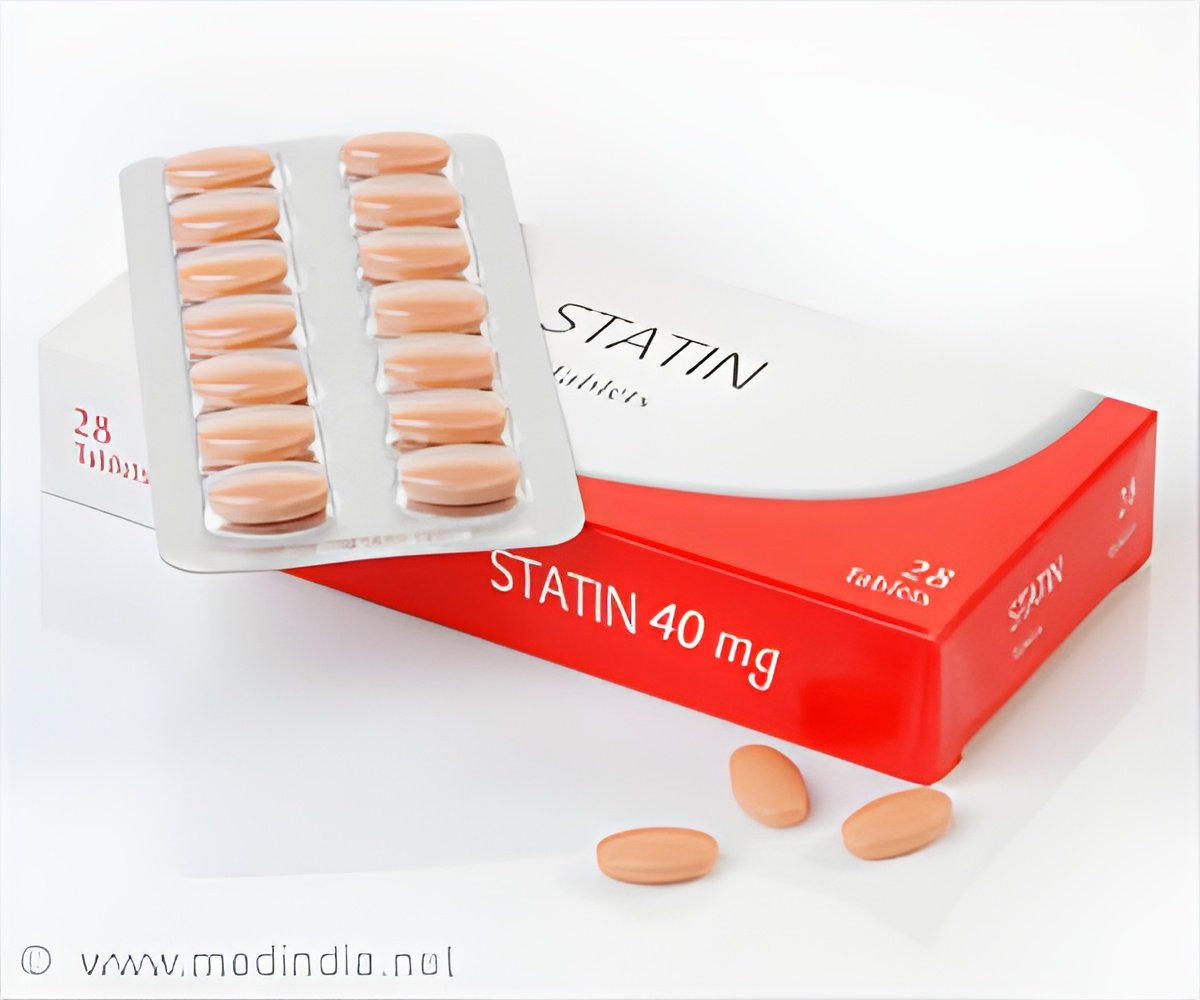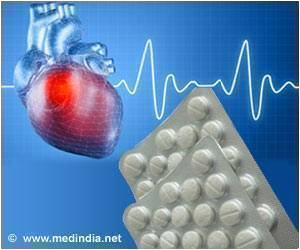High-intensity statins confer a survival advantage for patients with cardiovascular disease

- Statins are a class of drugs that prevents the acceleration of cardiovascular disease.
- Study shows that high-intensity statins boosts the survival rates of patients with cardiovascular disease.
- People on high-intensity statins have a 9% increased chance of survival compares to those on moderate-intensity statins.
- Patients treated with the maximum dose of statins were 10% more likely to survive than patients on submaximal doses.
Statins, a class of drugs that lowers cholesterol levels in the blood, are commonly prescribed for preventing the acceleration of cardiovascular disease caused by the buildup of plaque in the arteries, which can lead to heart attacks and stroke.
Some studies have shown an increased risk of side effects, such as diabetes or muscle damage, associated with higher-intensity statins.
"Previously, there was definitely a certain amount of fear on the patient's part because most people don't like taking medication," said Paul Heidenreich, MD, professor of cardiovascular medicine and the study's senior author.
Conflicting recommendations
The ACC/AHA guidelines differed, however, from guidelines established in 2014 by the Veterans Affairs Health Care System, which recommended only moderate-intensity statins, due lack of conclusive evidence that higher-intensity statins are more beneficial than those of moderate intensity.
"The greatest strength of this study is that we used a very large, well-defined clinical cohort," said Fatima Rodriguez, MD, a cardiology fellow at Stanford and the study's lead author.
"The results show that high-intensity statins confer a survival advantage for patients with cardiovascular disease, including older adults."Rodriguez added.
Study Population
The researchers studied the medical records of 509,766 patients across the country receiving care from the Veterans Affairs Health Care System. "This is a very large patient population rich in cardiovascular disease," said Rodriguez.
Researchers also collected detailed clinical data, including co-morbidities and cholesterol values.
The primary purpose was to look at overall patient death rates from 2013 to 2014.
They included patients with coronary artery disease, cerebrovascular disease and peripheral artery disease.
The three main areas affected by plaque buildup are the heart, the brain and the large arteries of the rest of the body.
Patients were taking high-intensity, moderate-intensity or low-intensity statins in many different but commonly prescribed forms, such as rosuvastatin and atorvastatin.
The researchers also followed one group that did not any statins.
Outcome of taking high-intensity statins
The results showed a 9% increased chance of survival for patients taking high-intensity statins compared to those receiving moderate-intensity treatments.
"We found basically the same risk reductions reviewed by the Veterans Affairs guidelines, but they didn't think the benefit was significant because the sample size was small," Heidenreich said. "We have so many more patients, we can be confident that it wasn't due to chance."
Patients between the ages of 75 and 85 years taking high-intensity statins had a survival-rate benefit comparable to that of younger patients.
Researchers also studied the effect of different doses within the high-intensity statin group.
Patients treated with the maximum dose of statins were 10% more likely to survive than patients on submaximal doses.
"This suggests to practitioners that instead of starting a patient on a low dose, just to go ahead and put them on the maximum dose they can tolerate," Rodriguez said.
A limitation of the study was that the researchers were unable to determine whether patients died of cardiovascular disease or another cause.
Future considerations
Researchers hope doctors will take their study's results into consideration when prescribing statins.
"There are a lot of guidelines and recommendations out there, so I think we also have to make the system better," Rodriguez said. "Maybe hospitals can employ a clinical reminder to doctors, a message that pops up on the doctor's screen that asks why a cardiovascular patient isn't on a high-intensity statin."
Researchers also hope to study patients without prior cardiovascular disease but who are at high risk for it.
Doctors should follow the American College of Cardiology and American Heart Association guideline when prescribing statins and put people with prior cardiovascular disease on a high-intensity statin.
Source-Medindia











